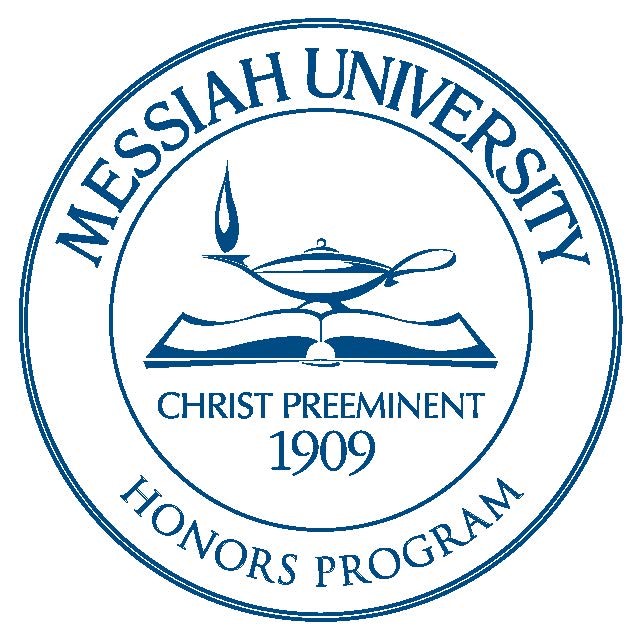Date of Award
Fall 12-15-2016
Document Type
Thesis
Degree Name
Bachelor of Science (BS)
Department
Biological Sciences
First Advisor
Dr John Harms
Abstract
Pancreatic cancer is a debilitating disease with a poor survival rate. There are no effective treatments for pancreatic cancer necessitating research to find new targets for treatment. The basis of this research is to determine whether a novel target located inside of pancreatic cancer cells can be utilized to control or eradicate pancreatic tumors by T cell-based immunity. Gastrin and Cholecystokinin (CCK) are hormones that regulate activity of the gastrointestinal tract.Each can signal via CCK-BR, which normally acts as an on/off switch for pancreatic cells to secrete enzymes and bicarbonate. An altered form of the CCK-B receptor, CCK2i4sv, is expressed by pancreatic cancer cells. This unique form of CCK-B contains an extra loop of amino acids in an intracellular domain; which may serve as targets for immunotherapy. The goal of this research is to determine whether immunization with synthetic peptides that correspond to amino acid sequences found within the loop may induce loop-specific CD8+ and/or CD4+ T cell immune responses. A synthetic peptide corresponding to CCK2i4sv intracellular loop amino acids 281-300 has been used to immunize mice in two trials, and peptide-specific cellular immunity was monitored by ELISPOT assays and Intracellular Cytokine Staining. Preliminary results confirm robust induction of T cells by the 281 peptide without a helper peptide, HBV. ICS results were inconclusive due to low cell numbers.Repeat ICS will be needed to determine whether the responding T cells consist of CD8+, CD4+, or a mixture of both T lymphocytes.
Recommended Citation
Hook, Taylor, "Developing a CR281 Peptide Specific T Lymphocyte Immune Response To Target Pancreatic Cancer CCK2i4sv Receptor" (2016). Honors Projects and Presentations: Undergraduate. 30.
https://mosaic.messiah.edu/honors/30


